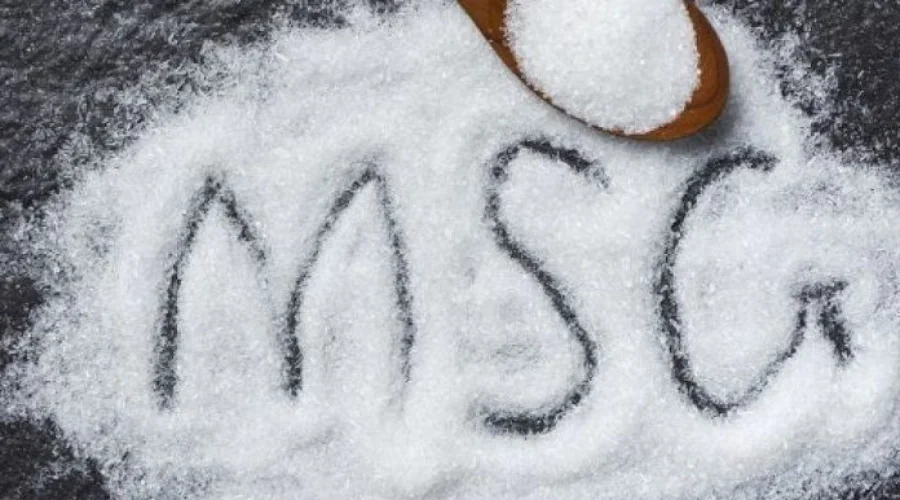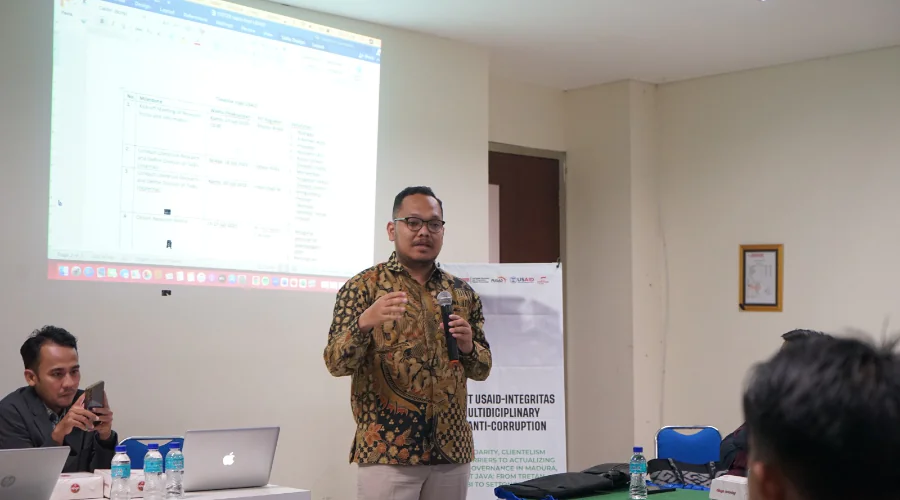
- 22 Aug
- 2022
Ilustrasi gambar (pixabay)
Is MSG Dangerous for Children? This is the Explanation of a UM Surabaya Lecturer
Monosodium Glutamate (MSG) is widely used as a flavor enhancer in cooking in everyday life. Sodium salt and L-glutamic acid are components of a non-essential amino acid in MSG which are soluble in water and will dissociate into sodium salt cations and glutamic acid anions.
Chemically, MSG is shaped like a white crystalline powder which contains 78 percent glutamic acid and 22 percent sodium and water. The glutamic acid contained in MSG is no different from the glutamic acid contained in the human body and in natural food ingredients such as cheese, soybean extract and tomatoes.
Baterun Kunsah D4 Lecturer in Medical Laboratory Technology (TLM) Muhammadiyah University of Surabaya (UM Surabaya) explained that the average MSG consumption is around 0.6 g/day or around 0.3-1.0 g/day in industrialized countries. This consumption may increase depending on the content of MSG in food and also depending on one's choice of taste.
"MSG contains sodium. The recommended consumption is 10 milligrams per kilogram of body weight. For example, if we weigh 60 kilograms, we can only consume 6 grams or just 1 teaspoon per day.” explained Kunsah Friday (12/8/22)
According to Kunsah, from research results, MSG is safe for consumption, even by babies, but with the right dose or not in excess.
Consumption of MSG in certain amounts can threaten the health of children. The Minister of Health has given a statement and asked the Food and Drug Monitoring Agency (BPOM) to withdraw packaged food products that do not contain MSG or how harmful MSG is to human health.
"Children's age or growth period is more sensitive to the effects of MSG than the adult group. MSG can also cause decreased brain function. The easier it is for children to consume MSG, the greater the harm that MSG can cause to the brain so that in the long term it will reduce intelligence in children," he added.
The three incidence rates of cognitive decline are 0.9% in children under 5 years and 1.94% in children aged 5-14 years. From the results of direct evaluation of school-age children, the incidence rate is 3.8 times higher.
In addition, excessive use of MSG can have a cytotoxic effect and cause oxidative stress. Oxidative stress is a condition where the levels of free radicals in the body are higher than the levels of antioxidants.
The impact of Monosodium Glutamate on children's brain development can have a negative impact on health if consumed in excess. These negative impacts include Chinese restaurant syndrome, damage to nerve cells, asthma, obesity and overweight, headaches and hypertension, cell damage, and kidney damage and depression. Of course, this can interfere with and hinder the work of the brain in children.
"Using MSG to make food delicious is fine as long as it's not consumed in excessive amounts," closed Kunsah










(0) Comments